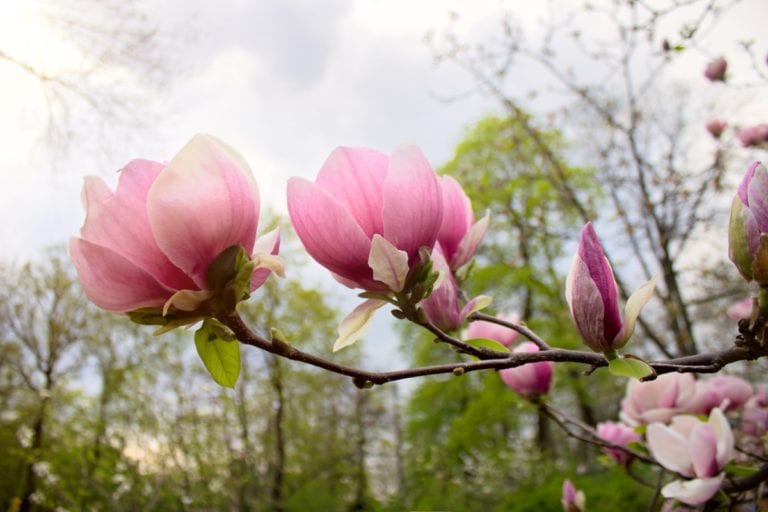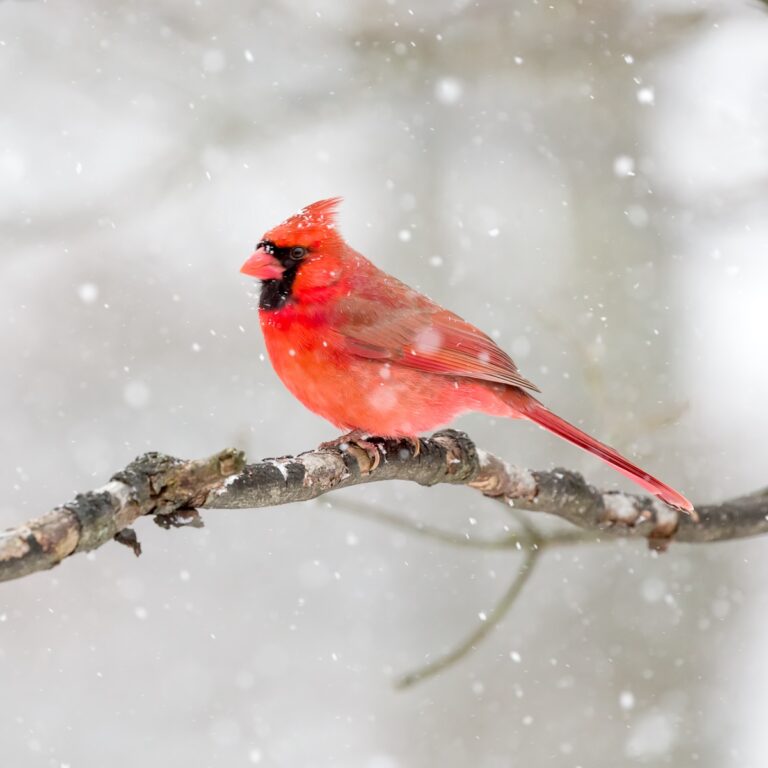Similar Posts

850th Week: I Am Willing to Live My Optimal Life
One of the things I’ve worked with for nearly 40 years is the concept of accessing the optimal future self and, drawing on ideas found in quantum physics, accessing my optimal life. What I like about working with intentions that focus on what is optimal is that it draws from the infinite range of probabilities, what some people call the “quantum foam”, those that offer optimal outcomes and input to my life.
Having called on various expressions of my optimal future self over all these years, my experience has been that my life has unfolded in ways I would never have anticipated and yet in ways that leave me, in my 70’s, deeply contented, even as I continue to be quite busy work-wise.
Over the years, I have offered many people journeys into their optimal futures, always explaining that it’s not actually about the “future”, since the Now is only and always the present moment. Instead, it’s about drawing from our underlying wholeness aspects of being that haven’t before come into the foreground of who we are in the world.
What I like most about this work is that it asks us to be willing not to know, not to have to plan or figure out how to live into our optimal life. I feel this because our planning or figuring out draws on only what we know already and the goal here is to get out of the way of our many preconceptions, beliefs, shoulds, and rules. Instead, it’s a process of being willing to be open to receive unexpected, unanticipated, and not always comfortable changes in how we move through the world and what we do with our time.
Read More “850th Week: I Am Willing to Live My Optimal Life”
787th Week: Orienting to Solution-Focused Awareness and Helpful Archetypes
A friend of mine has been pretty consistently putting posts on Facebook that ask people to focus on what they are forrather than what they are against. These posts have been very helpful in reminding all of us that what we feed grows and that, when we spend our internal time fighting against something, we actually feed the very thing to which we object. From an energy perspective, it’s as though we’re actually turning up the volume on things we’d rather not hear at all.
One example that comes to mind at this time is the pervasive presence of expressions of lack of empathy for each other. Decisions by some lawmakers, treatment of neighbors by other neighbors, seeming lack of concern for one another’s well-being if we aren’t “part of the tribe” are found on every side these days. Rather than spending time expressing helpless rage at these conditions, I want to invite us to explore some alternatives.
First, there are approaches that convey the message, “What you fight, you feed.” This doesn’t mean not to take action when action is needed to change things or to intervene. Instead, it speaks to the habits of mind and self-talk we carry around with us internally every day, all day. From a Solution-Focused perspective (solution-focused therapy is a more modern branch of psychology), we are invited to look at, and to look for, what’s going right. For our practice here, I would add that we can ask ourselves to pay attention to the qualities we would like to see expressed more generously in ourselves and in the world around us.
Read More “787th Week: Orienting to Solution-Focused Awareness and Helpful Archetypes”Week 635: Sharing Smiles
Sitting in Central Park the other day—one of my first leisurely days in the park during this new season of lush green—I found myself doing a lot of smiling. Often, I sit on a bench under a large tree near a walkway that a number of people use, even early in the morning. On this particular day, Read More “Week 635: Sharing Smiles”

822nd Week: Honoring Our Earth-Kin
As I begin to put together the year-long offerings of audio meditations on my website, I’ve been thinking about the focus for the coming year. Lately, I’ve had a deepening awareness of the importance of experiencing all the other life on this beautiful planet as “earth-kin”. We are all related, all children of the same mother planet, and many of us humans have been taught that we are somehow superior or “more evolved” than our other earth-kin.
I recently read a book, “Are We Smart Enough to Know How Smart Animals Are?”, by Frans de Waal, that addresses this humancentric bias. De Waal offers many examples of how our research on other earth-kin has tended to orient to human assumptions and human ways of doing things. One of my favorite examples had to do with making a mark on an elephant’s face or head and then having this earth-kin look in a mirror to see if he or she recognized themselves. They didn’t and someone realized that the problem wasn’t that elephants can’t recognize themselves but rather that the mirrors weren’t elephant sized. Once large enough mirrors were provided, the elephants immediately recognized that something was on their face and responded appropriately.
Another example had to do with research on gibbons, where researchers decided that they weren’t as intelligent as other primates because they couldn’t do a particular task that required them to use their hands in a certain way. A young researcher noticed that the task was oriented to human hands and not to the way that gibbons use theirs. When the experiment was retooled to reflect gibbon digits and manipulation, not surprisingly they performed as well as any other primate.
It can be both surprising and startling to know that slime mold does very well solving the challenge of a maze, better and faster than some other kinds of earth-kin. It can also be surprising to know that some species chose to evolve toward more complexity while others chose to evolve into less complexity, each and all having their own style of measurable intelligence. Here’s a link to a quick video about slime mold moving through a maze and also creating a complex network of connections that match the design of the Tokyo rail system. https://www.youtube.com/watch?v=HyzT5b0tNtk
Read More “822nd Week: Honoring Our Earth-Kin”
808th Week: Easing Distress
When I woke up this morning, I noticed that I was feeling a sense of hopelessness around the edges and this is an unusual response in me. Rather than make up any stories about what it meant—above and beyond the obvious challenges we currently face collectively as well as individually, I found myself turning to my tried and true sources of grounding, practices that help me return to a steady sense of presence.
There are two reasons I stay on top of this. First is my belief in collective consciousness and I don’t want to add extra distress to what is already a powerful experience happening to many people in our human family. The second reason is that I know how easy it is to inadvertently add activation to an already-distressing internal state and I have spent many years learning how not to do that. Adding activation to activation doesn’t help me or anyone and, when it leads to a sense of overwhelm and potential shutdown, can keep many of us from engaging in those actions that really could make a difference.
I’ve written about two practices I use all the time and I think they can’t be described often enough, especially these days. So, I offer them below, as I have a number of times before, and again invite you to experiment with them to find out if there are ways these approaches may also be useful to you.
Read More “808th Week: Easing Distress”